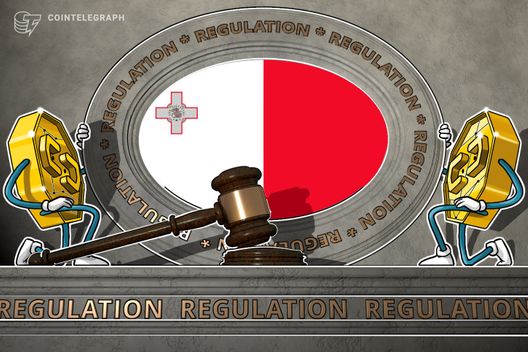California Gov. Newsom greenlights crypto regulation bill for 2025
The bill will mandate cryptocurrency firms to adhere to licensing requirements, maintain financial records, and provide regulators with the authority to conduct audits.
260 Total views
4 Total shares

California Governor Gavin Newsom has approved a cryptocurrency bill that enforces stricter regulations on businesses conducting crypto operations, set to begin in 18 months.
In a statement published on October 13, Newsom declared that the bill titled the ‘Digital Financial Assets Law,’ will make it mandatory for both individuals and firms to obtain a Department of Financial Protection and Innovation (DFPI) license to engage in digital asset business activities.

The bill is scheduled to come into effect on July 1, 2025.
In legislation documents, it draws a comparison to California’s money transmission laws, which prohibit banking and transfer services from operating without a license granted by the DFPI Commissioner.
However, the new crypto bill will allow the DFPI to impose stringent audit requirements on crypto firms as well as force them to uphold recording requirements. The statement noted:
“[This bill] would require a licensee to maintain […] for 5 years after the date of the activity, certain records, including a general ledger maintained at least monthly that lists all assets, liabilities, capital, income, and expenses of the licensee.”
It further clarifies that firms not complying with the bill will face enforcement measures.
Around this time last year, Newsom declined to sign a similar bill that aimed to establish a licensing and regulatory framework for digital assets in California.
Although the bill passed through the California State Assembly without opposition, Newsom expressed that he was sending the bill back “without my signature.”
Related: CoinShares says US not lagging in crypto adoption and regulation
Newsom suggested that the bill wasn’t flexible enough to keep up with fast-changing crypto trends.
At the time, Newson stated that he was waiting for federal regulations to come into place before working with the legislature to establish crypto licensing initiatives.
Meanwhile, Cointelegraph recently reported that the U.S. is exploring the possibility of applying the Electronic Fund Transfer Act (ETFA) to crypto as a measure to combat fraudulent transfers.
In a recent speech, Rohit Chopra, the director of the Consumer Financial Protection Bureau (CFPB), expressed his intention to grant authorization for this to “reduce harm of errors, hacks and unauthorized transfers.”
Magazine: US gov’t messed up my $250K Bitcoin price prediction: Tim Draper, Hall of Flame









